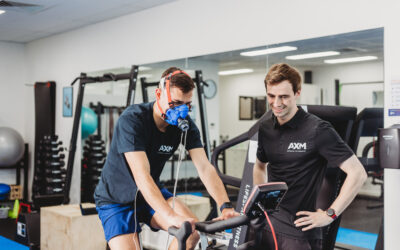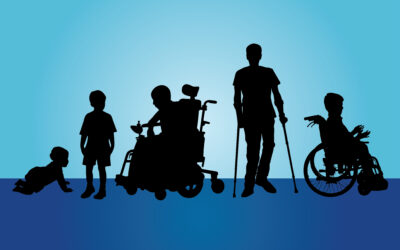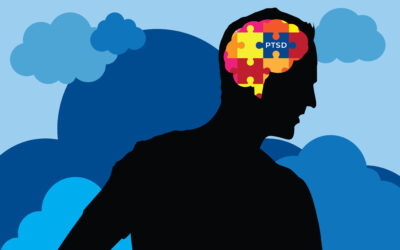What is bipolar disorder?
Bipolar disorder refers to a group of mental health conditions that are characterised by periods of high (manic or hypomanic) and low (depressive) moods. It is a serious mental health condition that affects approximately 1.3% of all Australians1.
The two most common types of bipolar disorder are bipolar 1 disorder and bipolar 2 disorder. The difference between bipolar I and bipolar II is that those with bipolar I experience greater episodes of mania as well as psychotic symptoms, whereas those with bipolar II have less severe and shorter experiences of mania and are referred to as hypomanic, they also do not experience psychotic symptoms. However, people with bipolar II often experience more frequent and longer lasting depressive episodes1.
How can exercise help?
People living with bipolar have an increased risk of developing Metabolic syndrome, which places them at greater risk of developing conditions such as type 2 diabetes and cardiovascular disease2. Furthermore, there is evidence to suggest that the pathophysiology of bipolar disorder and type 2 diabetes may be linked3.
Exercise is essential for the prevention and effective management of type 2 diabetes and conditions such as cardiovascular disease and metabolic syndrome4,5. Additionally, exercise has been shown to have a range of other beneficial effects for people living with mental health conditions, such as:
- improvements to social functioning6;
- reduced risk of weight gain due to medications7;
- reduced symptoms of depression and anxiety8-9 and increased self-esteem10;
- improved sleep quality11.
While the benefits of exercise are numerous, like any treatment there are some risks and it’s important to consider these before commencing an exercise program. Some research has suggested that while exercise has many benefits, it can have some deleterious effects for those experiencing manic or hypomanic episodes12. Therefore, it’s important to work closely with an accredited exercise physiologist who can help develop an appropriate plan for exercising while living with bipolar disorder.








